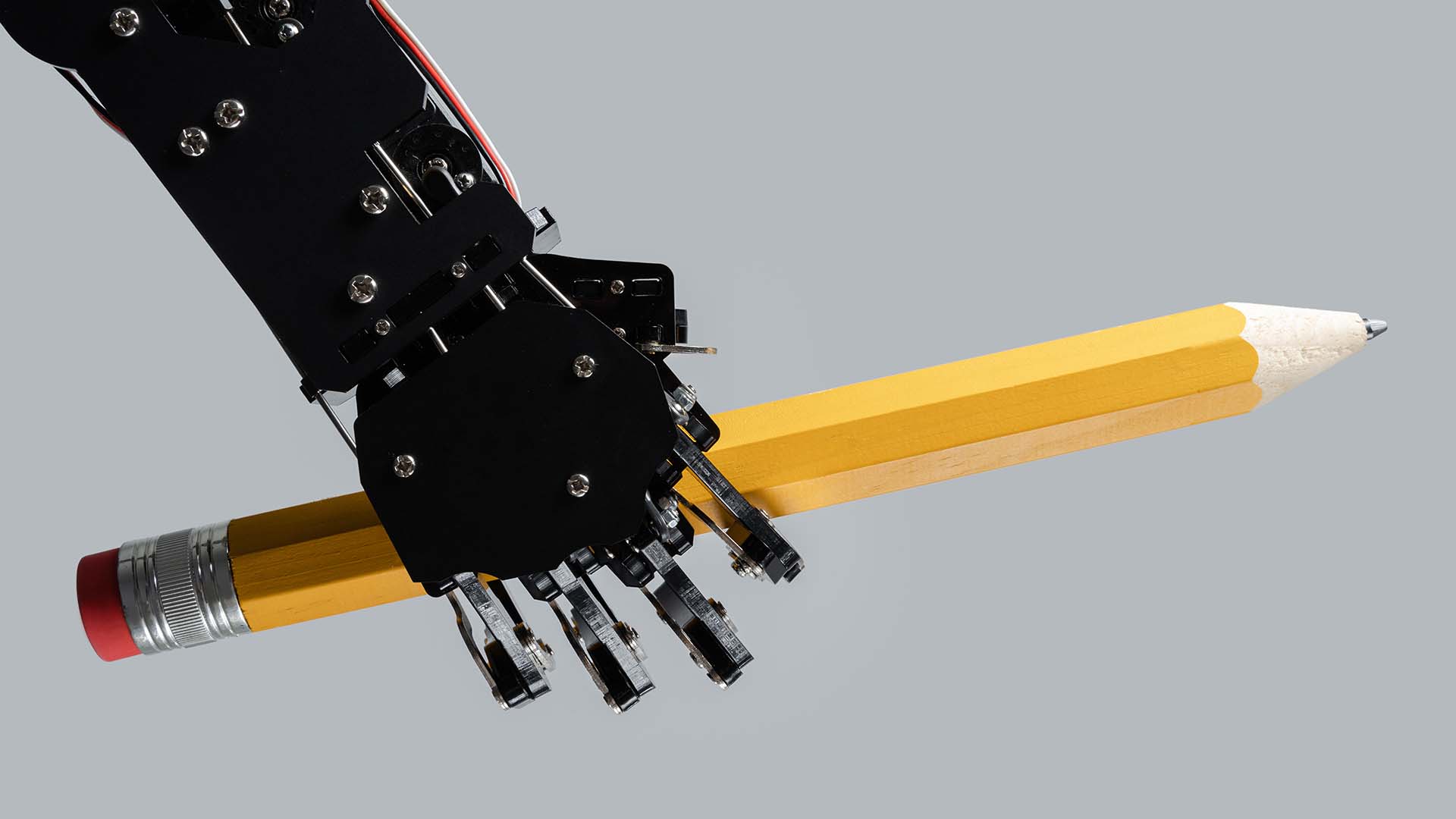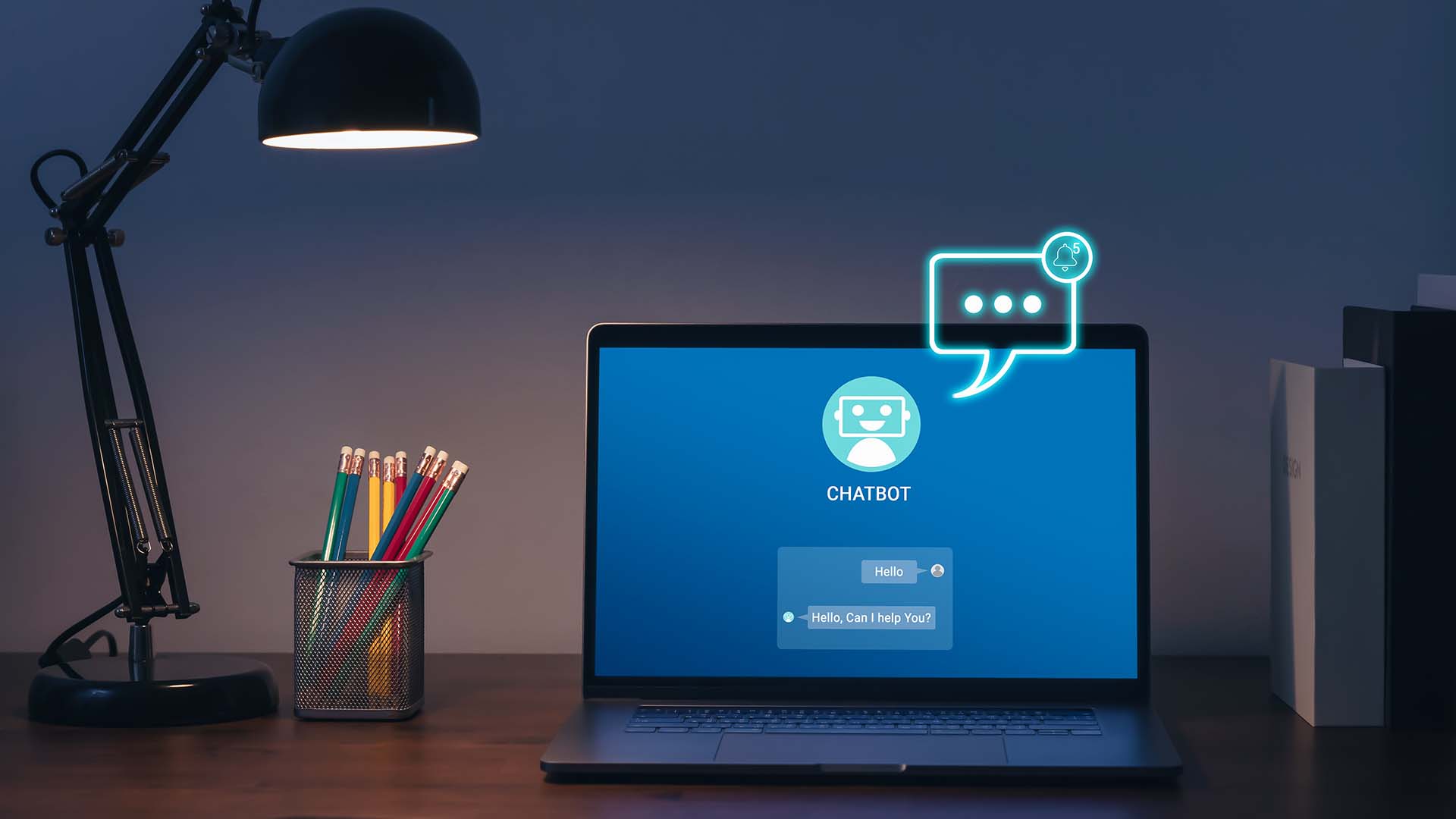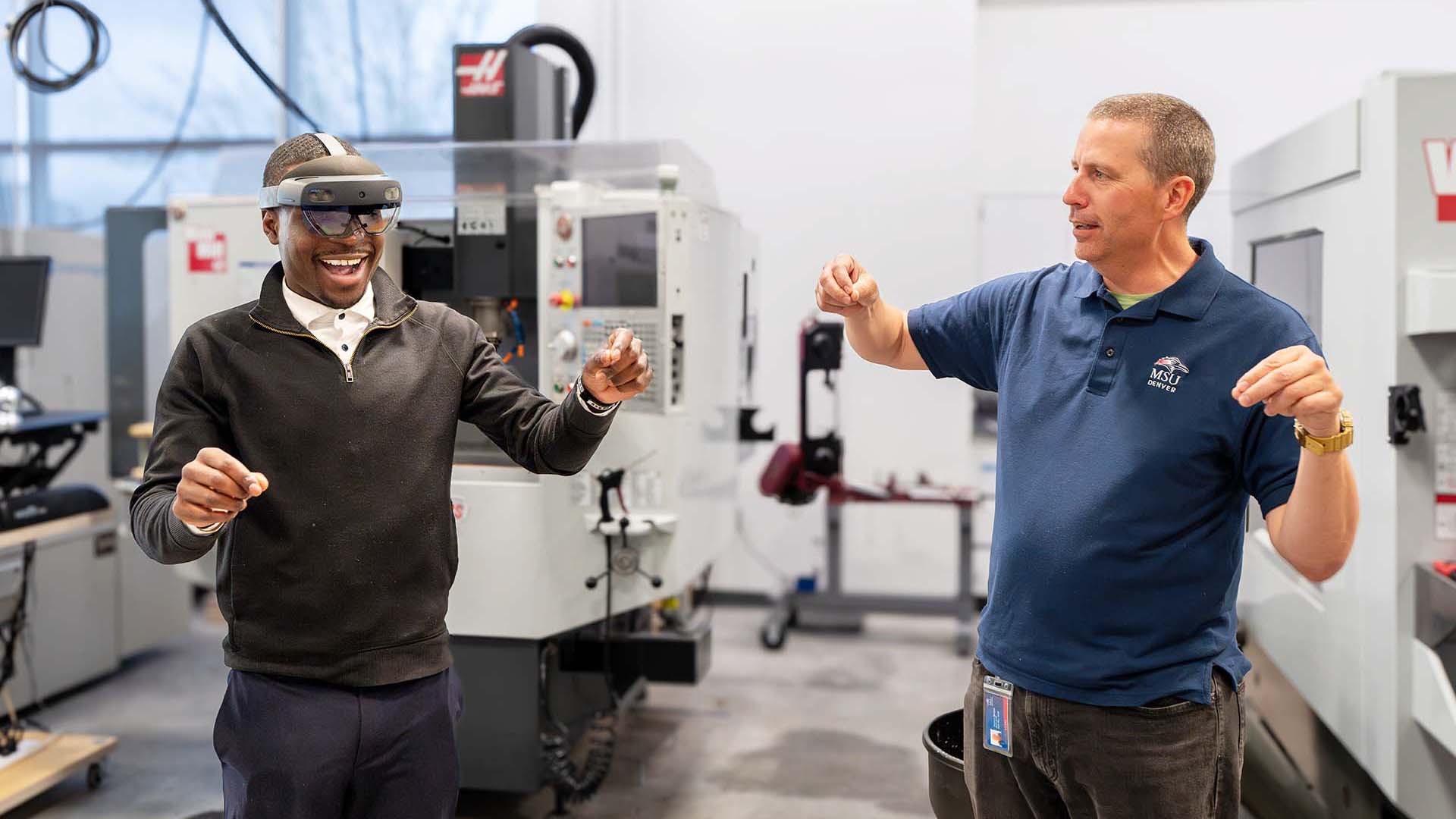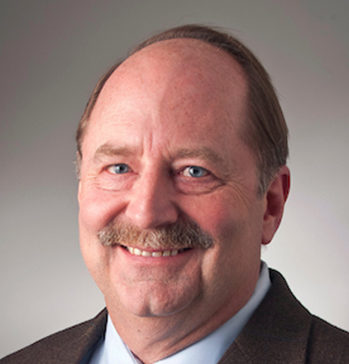Wired to believe
Why do easily disproved conspiracy theories persist and spread? Psychology explains 5 ways our brains are to blame.
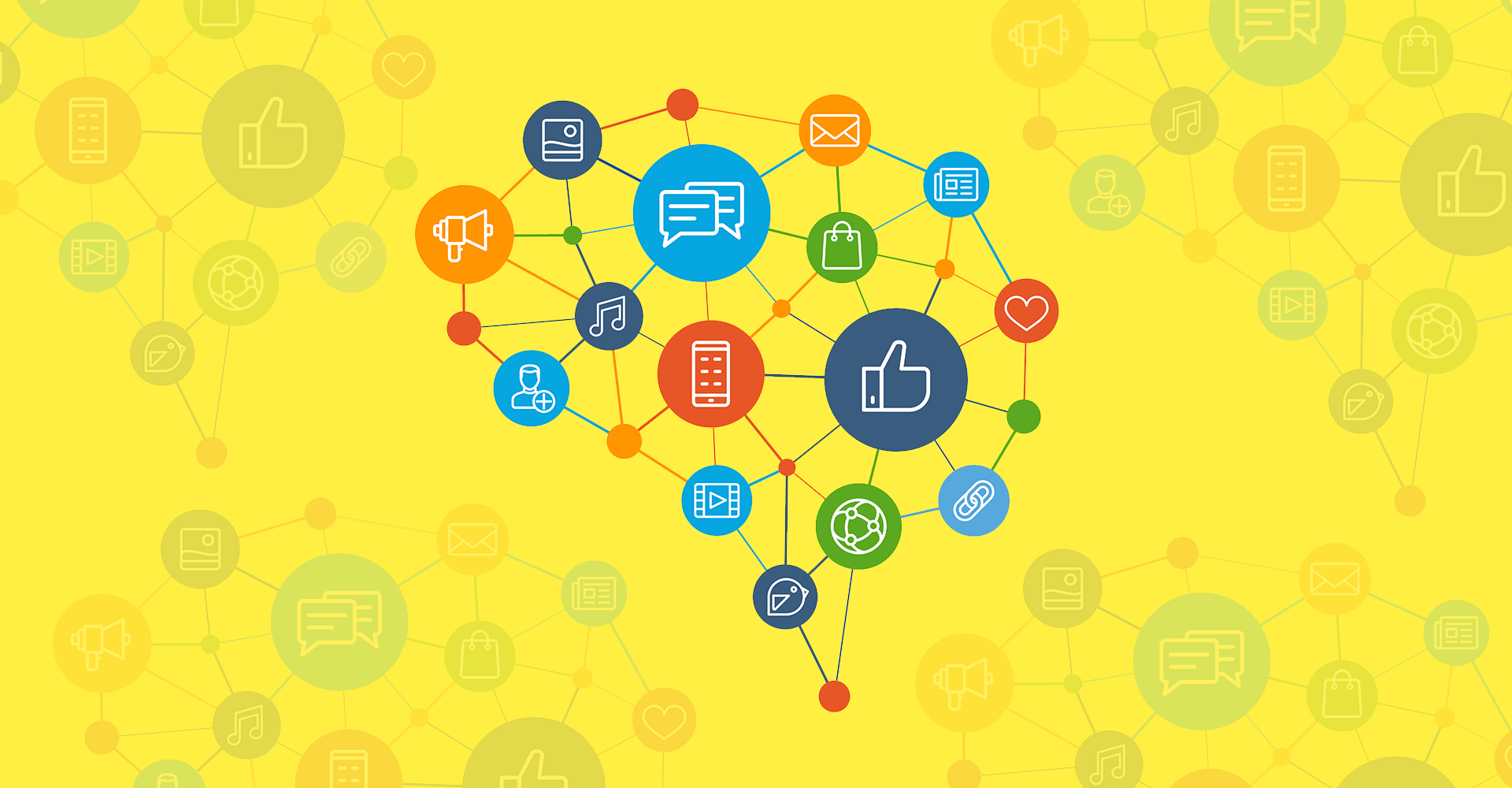
When the second annual Flat Earth International Conference descended on Denver last fall, just about every local media outlet was there to report on the “world’s oldest conspiracy theory.” Coverage ranged from investigative reporting to broader conspiracy exploration to commentary on post-truth America.
Media coverage of so-called Flat-Earthers often takes a light-hearted look at the willful ignorance of science settled centuries ago, but other conspiracies have more serious consequences. Consider the anti-vaccination movement that has been linked to outbreaks of the measles, a disease all but eliminated in the U.S. decades ago.
“Misinformation is an important problem,” Anthony Fauci, M.D., director of the National Institute of Allergies and Infectious Diseases at the National Institutes of Health, told the U.S. House Committee on Energy and Commerce in Feb. 27 testimony on the outbreak. “The spread of misinformation that leads people to make poor choices, despite their well-meaning, is a major contributor to the problem we’re discussing.”
So how do conspiracy theories and misinformation persist in spite of modern science? How does pseudoscience spread so easily on social media? Why do we believe what we believe? Turns out our brains are to blame. Here are five reasons why.
1. We’re designed to conserve brainpower.
Human beings are animals, and survival instincts take priority over critical thinking, said Pam Ansburg, professor of psychological sciences at Metropolitan State University of Denver. Our brains are designed to make quick decisions with as little energy as possible.
“Human beings are built to be very efficient. (We’re) cognitively lazy. We make fast decisions, trading off speed for accuracy all the time. That’s usually fine in an adaptive way, but when we’re trying to get precise knowledge, it’s not OK,” Ansburg said.
While you might think that statement only applies to some people more than others, this default brain setting applies to all people, regardless of intelligence level.
“Everyone is susceptible — this is how we’re built. It’s the unintended consequence of our brains being so efficient at processing information,” she said.
2. Confirmation bias is natural, and algorithms aggravate the issue
The rise of social media didn’t cause political polarization in the U.S. — but it has made it more extreme.
That’s because the algorithms utilized by social media show us information we’re likely to be interested in based on our previous views, clicks and likes, which in and of itself reflects how we process information.
“We are predisposed to paying attention to things that we already believe are true. It’s hard to get people to pay attention to evidence that is contrary to those beliefs,” Ansburg said.
But it’s not all on the algorithms, she said. When we do engage with information that conflicts with firmly held opinions, our brains become extremely critical, while anything that aligns with our current thinking gets a pass.
“When you’re presented with things that are counter to your political opinion, your critical thinking skills are amazing,” Ansburg said, “but when it’s something that’s consistent with your political beliefs, your critical thinking skills are turned off.”
3. Familiarity breeds a false sense of credibility
Our brains also associate familiarity with truth, a phenomenon known as the illusory truth effect, Ansburg said. The more we hear something, the more we believe it. Repetition is the basic foundation of learning.
“We use a heuristic — a shortcut — so that we can bring something to mind as a stand-in for a judgment of truth,” Ansburg said. “The easier it is for us to remember, the more likely we are to think something is truthful.”
That ability to recall something is known as fluency. This is how advertising works — companies repeat claims until we can’t help but remember them, subconsciously or otherwise. Lawyers use the same trick in court, reiterating catchy phrases that jurors can then easily recall during deliberation. Think: “If the glove doesn’t fit, you must acquit.”
Our memories are also better at retaining certain types of information than others, Ansburg said. We struggle to frame or categorize falsehoods in our brains, so we might remember the content of a myth but not that it is actually a myth.
“Oftentimes we end up storing false information in our memory, without the bit of information that labels it as false,” she said. “Even though we knew something wasn’t true, there’s a lingering sense of familiarity.”
4. Our brains struggle with probability and coincidence
Another reason we’re likely to believe the unbelievable is our brains struggle with basic probability, Ansburg said. Think of that person you know who dreamt something that became true, then claimed to have psychic powers.
“We’re not very good at tracking the base rate of things. We dream all of the time, and nearly all the time, those dreams don’t come true, but once in a great while it comes true and we ignore the zillions of times before it didn’t (come true),” she said.
We want unique or hyperbolic things to be true, Ansburg said, because it helps us apply narratives and make sense of the world.
“We’re drawn to patterns, which can be coincidence. We like to apply cause-and-effect, because it helps us know how to exist in the world,” she said. “If everything is coincidence, that’s kind of frightening to us.”
5. Countering conspiracies is hard work
Outsmarting our own nature isn’t easy. And it doesn’t help when influencers, celebrities and political leaders go all-in on misinformation.
Consider the governor of Kentucky, who recently said during a radio interview that he intentionally exposed his children to chicken pox in lieu of the readily available vaccination.
Our brains practice the tendencies that perpetuate misinformation and conspiracy theories every day, so in order to train them to better process information, we have to regularly practice countertactics, Anburg advises.
MSU Denver is testing media literacy curriculum in some of its courses as part of a national pilot program, while the state of Colorado is considering legislation on implementing media literacy in elementary and secondary education, a bill (HB19-1110) introduced by MSU Denver alumna Rep. Lisa Cutter.
“It’s effortful, intentional deployment of cognitive resource,” she said. “You have to be very motivated. It’s just like studying for anything else.”

